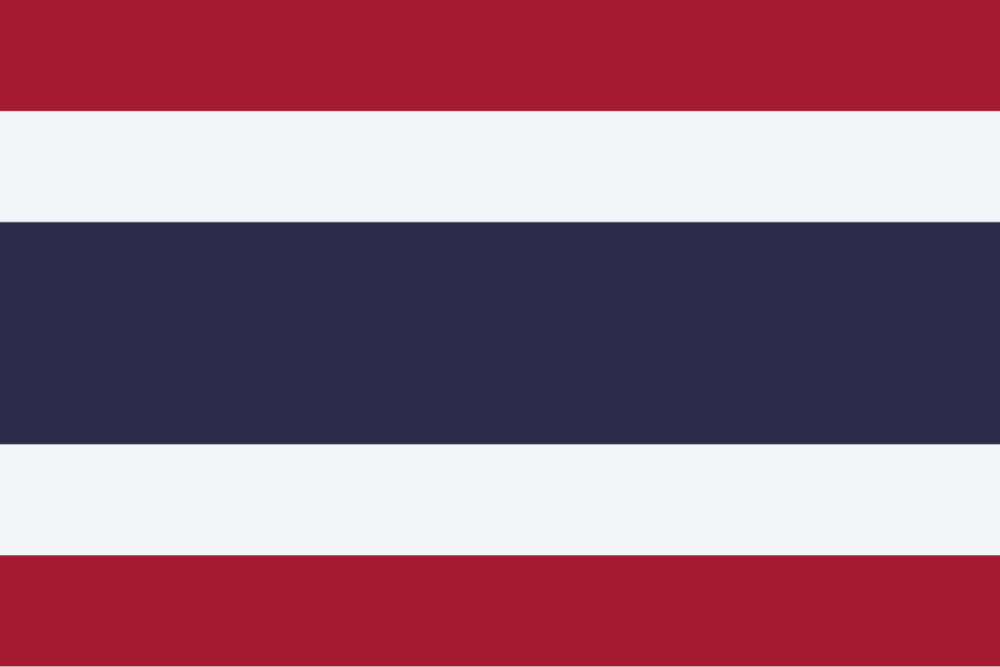TripCoupon Magazine
Essential Thai Phrases for Traveling in Thailand
Thailand
Travel is a great way to experience beautiful nature and diverse cultures.
While traveling, even if you're not fluent, communicating with locals can enrich your experience.
Learning simple greetings and essential expressions in the local language can make communication much easier during your trip.
Here are some essential Thai phrases that will be useful during your travels in Thailand.

◆ Characteristics of the Thai Language
Before diving into the essential phrases, it's important to know that in Thai, the ending of sentences differs depending on whether the speaker is male or female.
Keep this in mind as we go over the different expressions for each gender.
1. Greetings
"Hello":
Male: Sawasdee Khráp (สวัสดีครับ, Sawasdee khráp)
Female: Sawasdee Khâ (สวัสดีค่ะ, Sawasdee khâ)
This is the most common greeting in Thailand and can be used at any time of day. It is polite to pair the greeting with the traditional Thai gesture called the "wai," where you press your palms together and bow slightly.
2. Saying "Thank you"
"Thank you":
Male: Khop Khun Khráp (ขอบคุณครับ, Khop khun khráp)
Female: Khop Khun Khâ (ขอบคุณค่ะ, Khop khun khâ)
This is a very useful phrase when expressing gratitude during your travels, whether at a restaurant or market.
3. Apologizing
"I'm sorry":
Male: Kho Thôt Khráp (ขอโทษครับ, Kho thôt khráp)
Female: Kho Thôt Khâ (ขอโทษค่ะ, Kho thôt khâ)
Use this phrase when apologizing for any mistakes or to politely ask for forgiveness.
4. Yes / No
"Yes":
Male: Chai Khráp (ใช่ครับ, Chai khráp)
Female: Chai Khâ (ใช่ค่ะ, Chai khâ)
"No":
Male: Mai Chai Khráp (ไม่ใช่ครับ, Mai chai khráp)
Female: Mai Chai Khâ (ไม่ใช่ค่ะ, Mai chai khâ)
These basic responses will help you when answering questions.
5. Asking for the Bathroom
"Where is the bathroom?":
Male: Hông Nám Yùu Thîi Năi Khráp? (ห้องน้ำอยู่ที่ไหนครับ, Hông nám yùu thîi năi khráp?)
Female: Hông Nám Yùu Thîi Năi Khâ? (ห้องน้ำอยู่ที่ไหนค่ะ, Hông nám yùu thîi năi khâ?)
This is an essential question to ask when you're in need of a restroom.
6. Asking for Prices
"How much is this?":
Male: Ráakaa Tâo Rài Khráp? (ราคาเท่าไหร่ครับ, Ráakaa tâo rài khráp?)
Female: Ráakaa Tâo Rài Khâ? (ราคาเท่าไหร่ค่ะ, Ráakaa tâo rài khâ?)
When shopping at markets or stores, this phrase will help you inquire about prices.
7. Numbers (1-10)
Knowing numbers is very useful when discussing prices or quantities.
1: Nèung (หนึ่ง, Nèung)
2: Sŏng (สอง, Sŏng)
3: Săam (สาม, Săam)
4: Sìi (สี่, Sìi)
5: Hâa (ห้า, Hâa)
6: Hòk (หก, Hòk)
7: Jèt (เจ็ด, Jèt)
8: Bpàet (แปด, Bpàet)
9: Gâo (เก้า, Gâo)
10: Sìp (สิบ, Sìp)
8. Asking for Help
"Please help me":
Male: Chûay Dûay Khráp (ช่วยด้วยครับ, Chûay dûay khráp)
Female: Chûay Dûay Khâ (ช่วยด้วยค่ะ, Chûay dûay khâ)
Use this phrase in urgent situations when you need assistance.
9. Complimenting Food
"It's delicious":
Male: A-ròi Mâak Khráp (อร่อยมากครับ, A-ròi mâak khráp)
Female: A-ròi Mâak Khâ (อร่อยมากค่ะ, A-ròi mâak khâ)
This is a great compliment to give after enjoying a meal in Thailand.
10. Asking if Someone Speaks English
"Do you speak English?":
Male: Phûut Phaa-săa Ang-grìt Dâi Mái Khráp? (พูดภาษาอังกฤษได้ไหมครับ, Phûut phaa-săa ang-grìt dâi mái khráp?)
Female: Phûut Phaa-săa Ang-grìt Dâi Mái Khâ? (พูดภาษาอังกฤษได้ไหมค่ะ, Phûut phaa-săa ang-grìt dâi mái khâ?)
This phrase is useful when trying to find someone who speaks English for easier communication.
11. Requesting a Korean-Speaking Staff Member
"Can you call a staff member who speaks Korean?":
Male: Chûay Rîak Phanák-ngaan Thîi Phûut Phaa-săa Gàw-lîi Dâi Mái Khráp? (ช่วยเรียกพนักงานที่พูดภาษาเกาหลีได้ไหมครับ, Chûay rîak phanák-ngaan thîi phûut phaa-săa Gàw-lîi dâi mái khráp?)
Female: Chûay Rîak Phanák-ngaan Thîi Phûut Phaa-săa Gàw-lîi Dâi Mái Khâ? (ช่วยเรียกพนักงานที่พูดภาษาเกาหลีได้ไหมคะ, Chûay rîak phanák-ngaan thîi phûut phaa-săa Gàw-lîi dâi mái khâ?)
If needed, you can use this phrase to request help from a Korean-speaking staff member.
Learning even a little of the local language can make your trip to Thailand more enjoyable and help you communicate better with the locals. Even if your pronunciation is not perfect, Thai people will appreciate the effort, often responding with smiles and warmth. Practicing a few essential phrases will make your trip more enriching, and the experience of communicating will create unforgettable memories of your time in Thailand.